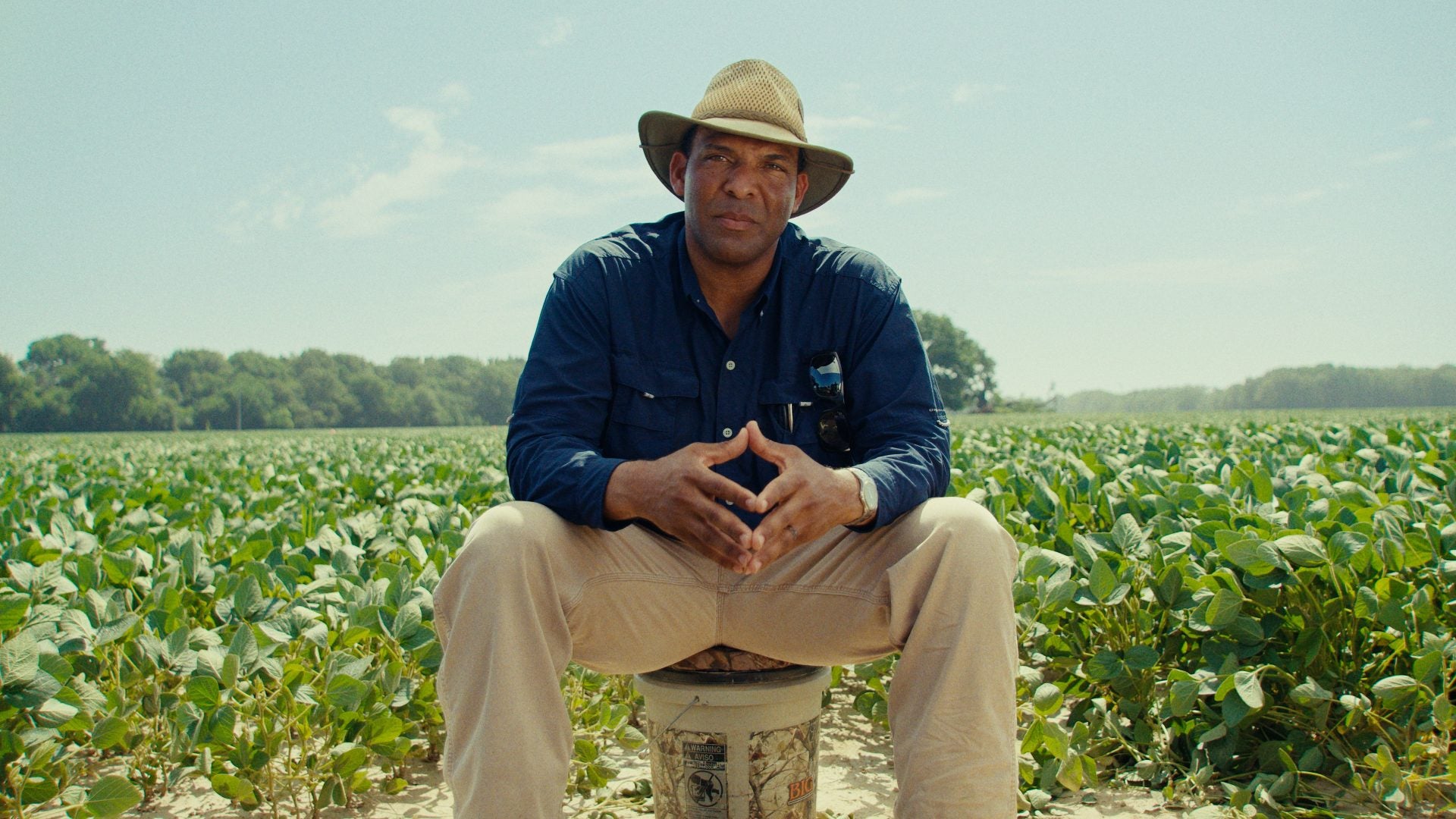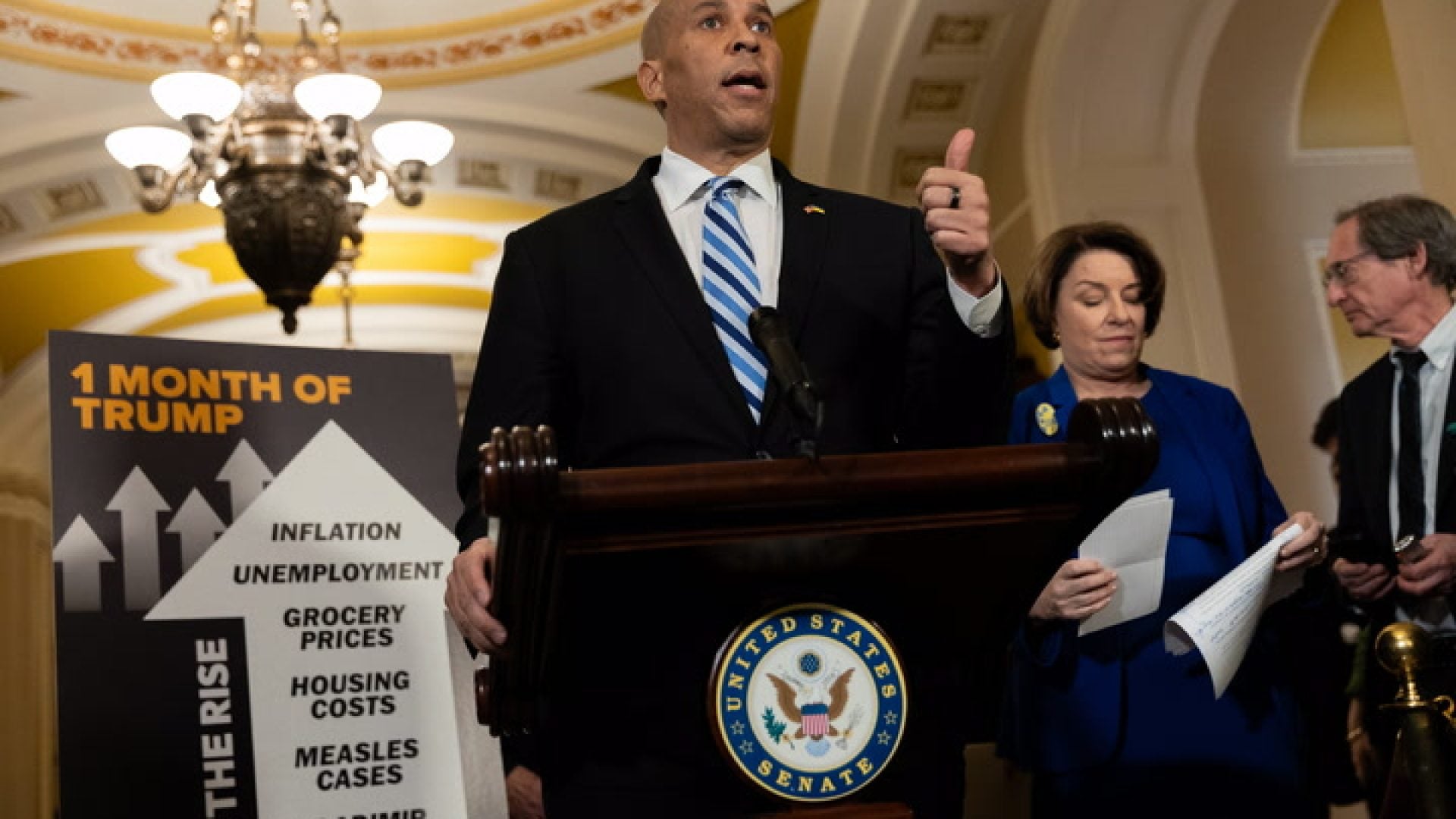
A new documentary about the legacy of Black farming in America is shedding light on the devastating impact of heirs’ property, which has been one of the largest contributors to land loss for Black people in America.
Gaining Ground: The Fight for Black Land premieres at this year’s American Black Film Festival (ABFF) in Miami Beach on June 15. It delves into this unique issue and examines its immense impact on Black farmers.
Heirs’ property is property that is passed down through family members by inheritance. According to U.S. Department of Agriculture, it’s done quite frequently without a will or proper estate planning, which has often led to issues later on because there is no clear proof of ownership by the family members who inherited it.
This documentary, created by Al Roker Entertainment and Deere and Company in partnership with Emmy-nominated director Eternal Polk is meant to shine a spotlight on the “challenges Black farmers and landowners’ must navigate to preserve their land for future generations.”
“For farmers, land provides more than a livelihood, it provides a legacy. For far too long, Black farmers have had to deal with often coercive constraints, barriers and systems that result in involuntary loss of land, economic value and wealth,” said Marc Howze, Senior Advisor, Office of the Chairman, Deere and Company, in a press release.
“This documentary provides an opportunity for folks to tell their stories, highlight injustice and hopefully serve as a catalyst for concerted action to address this little known but important and pervasive issue,” Howze added.
Much like several social and economic issues impacting Black communities Heirs’ property has been long standing issue dating back to the end of the Civil War . Under the Homestead Act, many Black Americans became landowners when“the government handed over some 20 million acres, mostly in the South.” In fact, “by 1920, Black families owned 14 percent of all farmland in the U.S., a figure that’s fallen to less than two percent today.”
When land is passed down to family members by inheritance but without a will or a deed, it can be difficult for the heirs to get the same benefits as others such as government assistance without proof that they own the land. The inability to effectively prove ownership can “also force partition sales by third parties.”
Unfortunately, this “phenomenon disproportionately affects African American families throughout the South.” Heirs’ property accounts for approximately 33% of land owned by Black people. According to the Department of Agriculture, it is “the leading cause of Black involuntary land loss,” and “it led to a 90 percent decline in Black-owned farmland nationwide between 1910 and 1997.”
“The message of this documentary is clear: We need to do more to help Black farmers and landowners unlock the tremendous value in the land they already own to help us feed, clothe and shelter a growing population while pursuing opportunities to build wealth and provide a legacy for future generations,” Howze continued.
ESSENCE had the chance to speak with director Polk and landowner Michael J. Robinson ahead of the documentary’s world premiere, to discuss the current state of heirs’ rights and how Black landowners can reclaim their legacy and create generational wealth.
Polk, who had long been advocating to work on a project about Black farmers, shared how he wasn’t the person originally slated to direct the film, but was thrilled to be able to helm this documentary.
Robinson revealed how his family initially “placed more sentimental value on their land, not what some of the monetary opportunities were. This journey that we’ve been on, through heirs’ property really highlighted for us the value of being able to monetize land and create wealth for the family, and this should not be overlooked,” he said.
Speaking on heirs’ property, Polk said, it’s “an injustice to Black folks,” adding “a lot of people don’t understand how vulnerable their property is.” Robinson echoed this sentiment, saying “it really humanizes the issue. I didn’t realize how close we came to actually losing our families’ land, so it [the documentary] creates more awareness around the issue.”
Polk also commented on how prevalent this issue is, and that the same sort of tactics are being utilized in New York City “when people pass on and leave their house without a clear title.”
Ultimately, Polk hopes to bring more awareness to this issue with the documentary, stating that its “about reclaiming our wounds, reclaiming our land, reclaiming opportunities, and hopefully it’s a resource for healing,” with Robinson aptly closing out the conversation saying, it’s about “reclaiming our birthright.”




